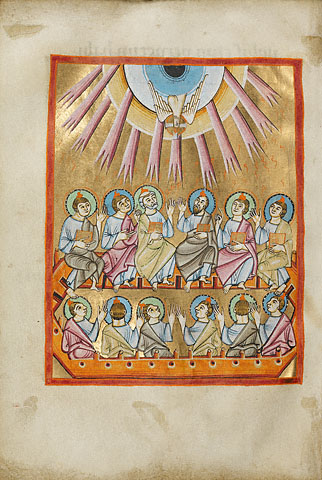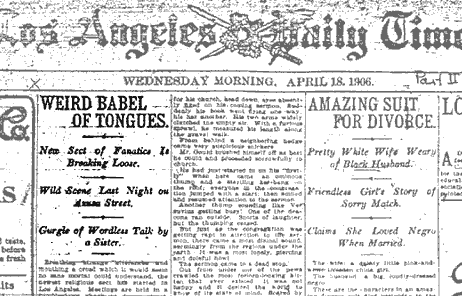According to Christian belief, Pentecost is a remembrance of the disciples of Jesus being comforted after his death by a visitation from the Holy Ghost. Professor Birgit Meyer captured my imagination when she characterized the infilling of the Holy Ghost that occurred at that time as “a portable power source.” That set me to thinking about the spread of glossolalia and the various explanations for the practice. The blog I wrote for Psychology Today, which includes a story by Ebenezer Obadare and a theory by Tanya Luhrmann, begins this way:
Not too long ago, many people were predicting the demise of Christianity. Their predictions may have been borne out in Western countries, where church attendance appears to be dropping. But the worldwide picture is completely different where such talk has been utterly silenced by an explosion of belief in African and Asian countries.
Many of these new converts have come to faith through a particular kind of prayer that’s not much accepted in the West. Known as glossolalia, also called speaking in tongues, this prayer practice is often called the baptism or infilling of the Holy Spirit.



